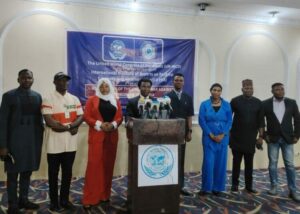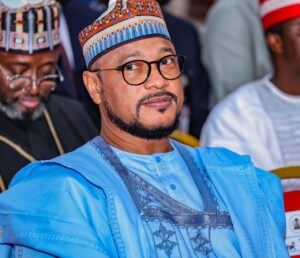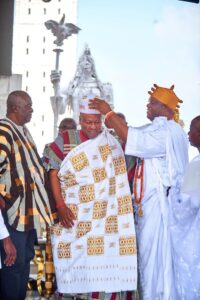CBN’s Reforms Boost FX Stability, Tame Inflation – Cardoso

Samuel Mobolaji
Governor of the Central Bank of Nigeria (CBN), Olayemi Cardoso, has assured Nigerians and the global community that the bank’s economic reforms are yielding results, driving stability in the foreign exchange (FX) market and curbing inflation.
Speaking in Abuja while hosting scholars from the Harvard Kennedy School (HKS) on an Africa Trek visit, Cardoso reaffirmed the CBN’s commitment to policy-driven solutions that strengthen investor confidence and financial system stability.
“As we reset the Bank, we are committed to being a hub for thought leadership. The exposure gained from institutions like Harvard is invaluable, and we see this as an opportunity to build long-term alliances,” Cardoso stated, according to a CBN-issued statement on Tuesday.
He acknowledged ongoing macroeconomic challenges but highlighted positive trends in FX stability and moderating inflation. He cited renewed interest from international financial institutions as an indication of growing confidence in Nigeria’s economic outlook.
Read Also: Equities Market Adds N26.49bn, Rises 0.04% as Investors Target High-value Stocks
“The recent visits of senior executives from JP Morgan, Citi Bank, and the International Monetary Fund (IMF) signal that we are on the right path. These individuals make data-driven decisions, and their engagement reaffirms the progress we are making,” he said.
The Harvard Kennedy School delegation, comprising 50 students from 19 countries—including representatives from Harvard Business School, MIT, and Stanford University—engaged with the CBN on governance, economic innovation, and the strategic role of central banks in national growth.
Adaora Ndukwe, President of the Harvard Kennedy School Alumni Association of Nigeria, and Sheffy Kolade, the HKS Nigeria Trek Delegation Lead, commended the CBN for fostering discussions with emerging global leaders.
This visit marks the first time a Harvard Africa Trek delegation has engaged with the Central Bank of Nigeria, underscoring the institution’s role in shaping Nigeria’s economic trajectory.









